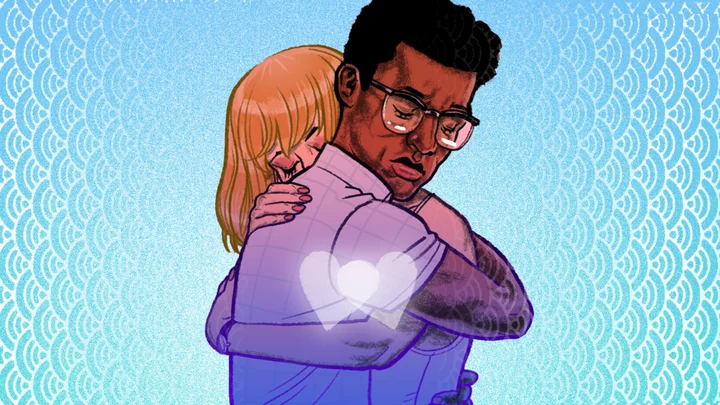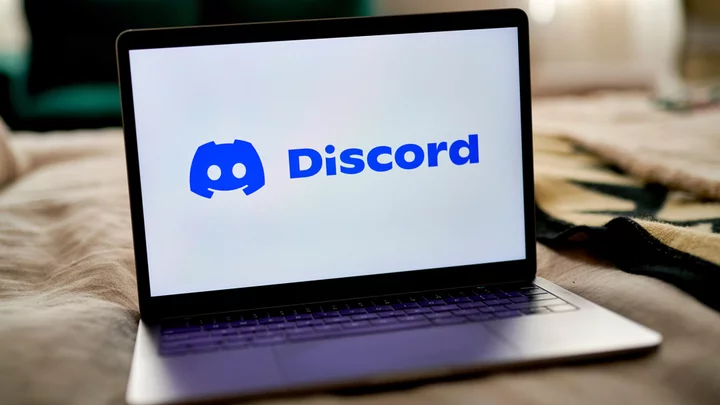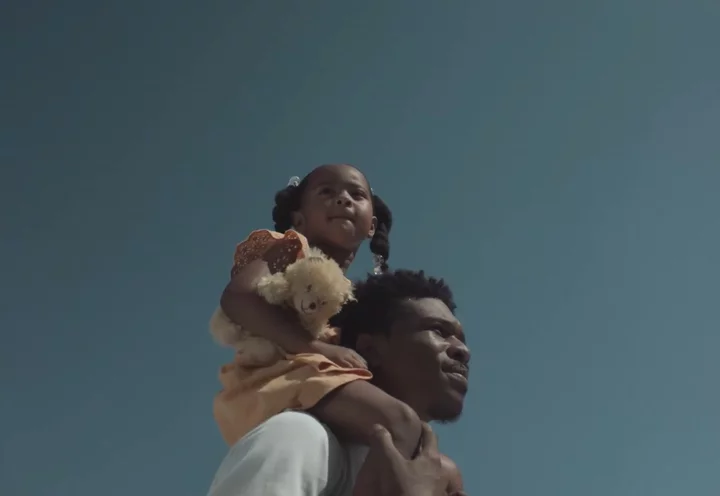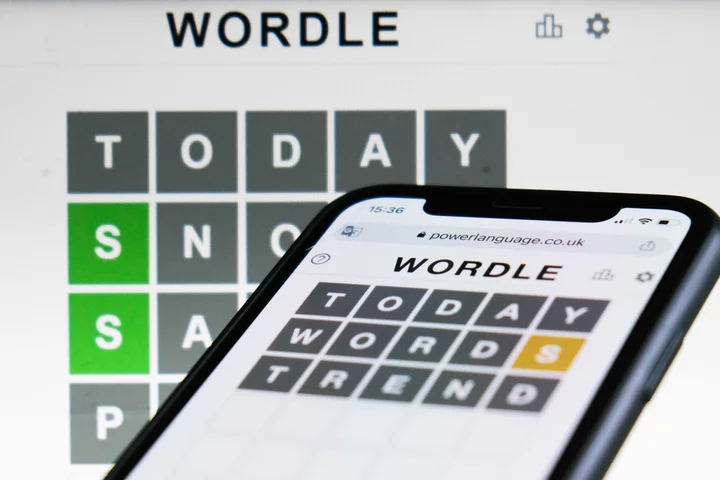Our society may prioritize romantic relationships over platonic ones, but the latter can be just as significant to our lives, if not more so. Friendships can also cause strife — as evidenced by an over 1,000 percent spike in searches for "friendship anxiety" on Google recently:
Google searches for "friendship anxiety" majorly increased in October. Credit: Google TrendsFriendship anxiety is worries about your platonic relationships. This type of anxiety can manifest in different ways, such as second-guessing whether your friends like you; wondering if your friends are angry at you; or even fretting over whether you have "enough" friends and what that says about you as a person. These anxious thoughts can lead you to take actions like constantly going over scenarios with your friends in your head, seeking reassurance (like asking "are you mad at me right now?"), or avoiding being with your friends to lessen the triggers.
There are many reasons why people may be experiencing friendship anxiety right now explained Avigail Lev, psychotherapist and founder and director of Bay Area CBT Center. Relationships were strained — and some ended — during COVID lockdown, which can still be affecting people today, for one. This only exacerbated the loneliness epidemic in the U.S., which was a societal problem even before the pandemic.
SEE ALSO: What if someone is my BFF but I'm not theirs?Lev also mentioned dehumanization in the online dating scene, with terms like "ghosting" and "breadcrumbing" normalizing a lack of engagement with people you meet digitally. "These behaviors amplify concerns about friendships and underscore the importance of prioritizing them," said Lev.
With the aforementioned problems and smart phone addiction, Lev said many people may lack genuine in-person intimacy. These can all impact our relationships, including friendships.
So how do we cope with it? Lev said to identify your core beliefs about relationships. Go inward and think about the patterns, beliefs, and narratives that arise in your connections. As these things can trigger automatic thoughts, feelings, and sensations, this may best be done with a mental health professional.
Identify coping strategies for when these triggers arise, like self-compassion and mindfulness. Then, clarify your values around friendship, Lev continued. Ask yourself questions like: What kind of friend do I want to be? What do we stand for?
"Whether it's honesty, loyalty, collaboration, support, or assertiveness, clarifying our values in relationships is necessary for creating satisfying connections," Lev continued. "Research indicates that values motivate behavioral change and inspire more effective behaviors."
Want more sex and dating stories in your inbox? Sign up for Mashable's new weekly After Dark newsletter.
Furthermore, learning nonviolent communication and assertiveness skills can help you better express yourself in friendships. If you find that you people please, for example, your own needs may not be met — but you may not know how to tell a friend about your needs. "Learning these skills can help people develop fulfilling friendships," said Lev.
Friendship, like other relationships, require time and effort — it's no wonder we're anxious about them. But with reflection and coping strategies, we can reduce friendship anxiety.









